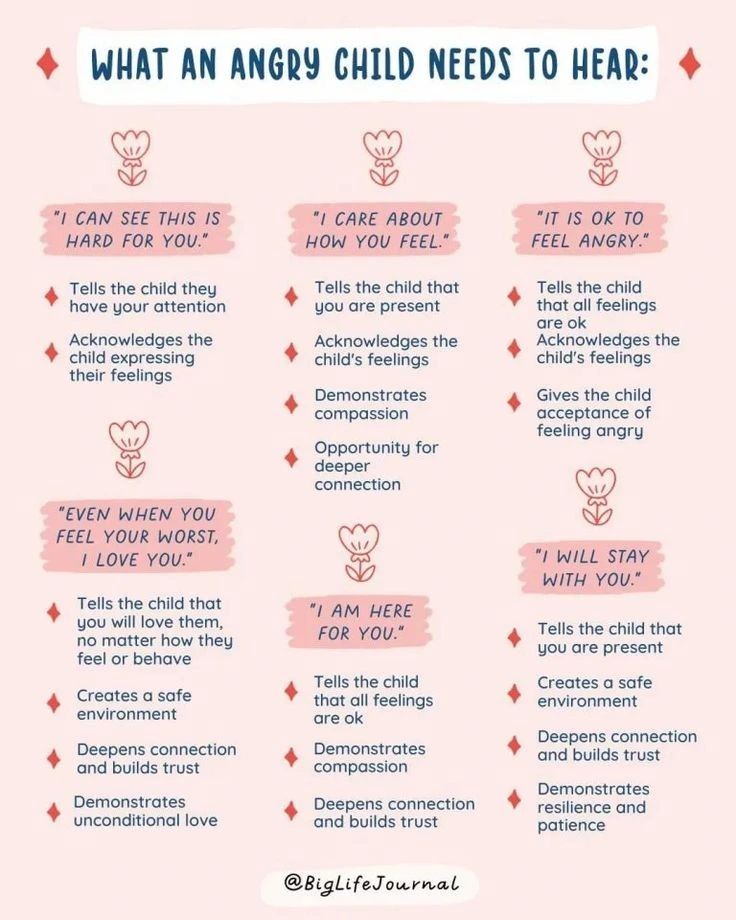Shouting at children can have detrimental effects on their emotional, psychological, and cognitive development. Here’s a brief synopsis of relevant research and studies that support that alternative approaches to discipline are not only more effective but also foster healthier relationships between parents/caregivers and children.
Emotional Impact: According to a study by McCoy, Cummings, and Davies (2009), “harsh parenting, including yelling and shouting, is associated with higher levels of emotional distress and anxiety in children.” The researchers found that children exposed to frequent verbal aggression showed increased signs of internalizing problems and exhibited higher levels of emotional reactivity.
Communication Breakdown: Research conducted by Koenig, Cicchetti, and Rogosch (2000) highlights that children who are frequently shouted at by their parents tend to display poorer communication skills and have difficulty expressing their emotions effectively. This breakdown in communication can contribute to misunderstandings and strained relationships between parents and children.
Negative Role Modeling: In a longitudinal study by Lansford et al. (2014), it was observed that children who witnessed aggressive behavior, such as shouting, within their families were more likely to exhibit aggressive behaviors themselves in adolescence and adulthood. The researchers emphasized that negative role modeling has lasting consequences on a child’s behavioral development.
Impact on Cognitive Development: A study by Chen and French (2008) revealed that children exposed to harsh parenting, including yelling and shouting, had lower cognitive development scores compared to children raised in a nurturing and supportive environment. The researchers suggested that the negative emotional environment associated with yelling can impair a child’s ability to focus and learn effectively.
Diminished Effectiveness as a Disciplinary Strategy: Research by Larzelere and Kuhn (2005) indicates that positive discipline strategies, such as time-outs and loss of privileges, are more effective in eliciting long-term compliance from children compared to punitive measures like yelling. Their meta-analysis of various studies emphasized that positive reinforcement and consistent consequences are vital for shaping desired behavior in children.
Escalation of Aggressive Behaviour: In a comprehensive review of studies, Gershoff (2002) found that children who experienced harsh discipline, including yelling, were at a higher risk of engaging in aggressive behaviors themselves. The study emphasized the importance of non-violent discipline methods to break the cycle of aggression within families.
Conclusion of sorts:
The evidence from most academic studies and research (of which the above is a brief snapshot) demonstrates that shouting at children has far-reaching negative consequences on their emotional, psychological, and cognitive well-being. Instead, employing positive discipline strategies and nurturing communication can foster healthier parent-child relationships and lead to better developmental outcomes for the child. By recognizing the adverse effects of shouting and investing in positive discipline methods, parents and caregivers can create nurturing environments that support the growth and well-being of their children.
Daniel Sobel
Founder of Inclusion Expert




